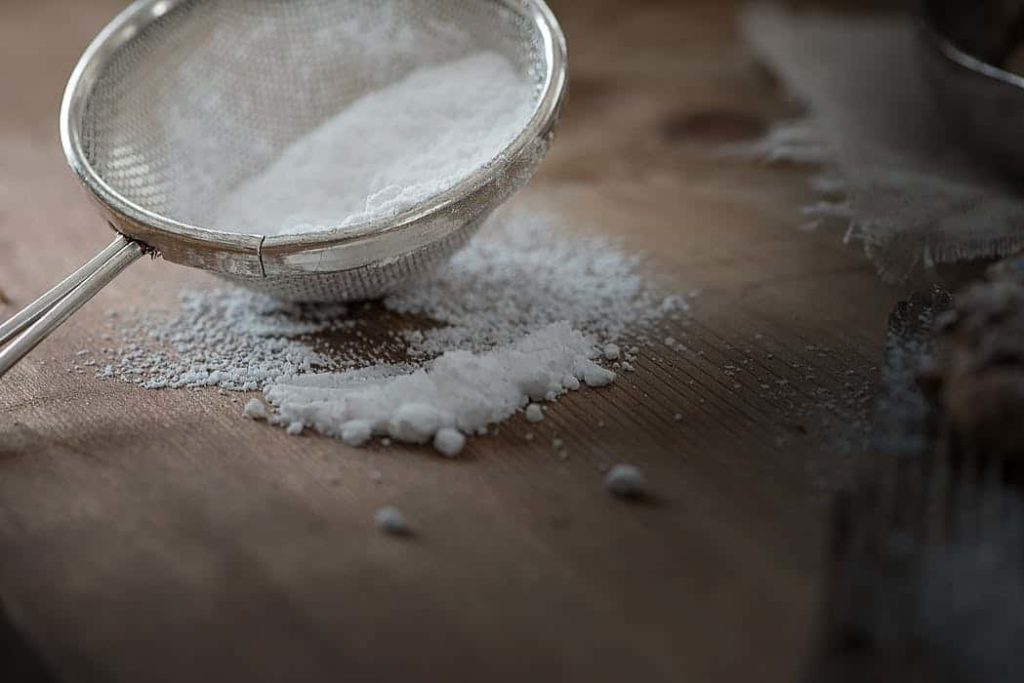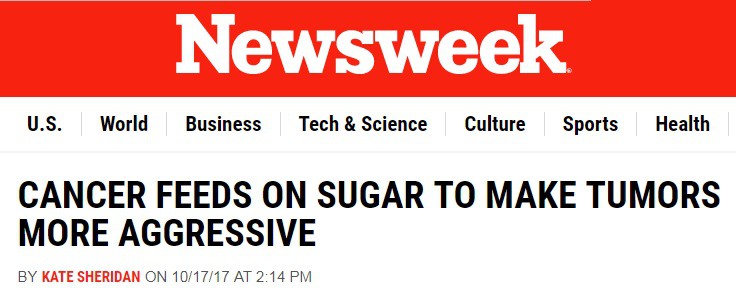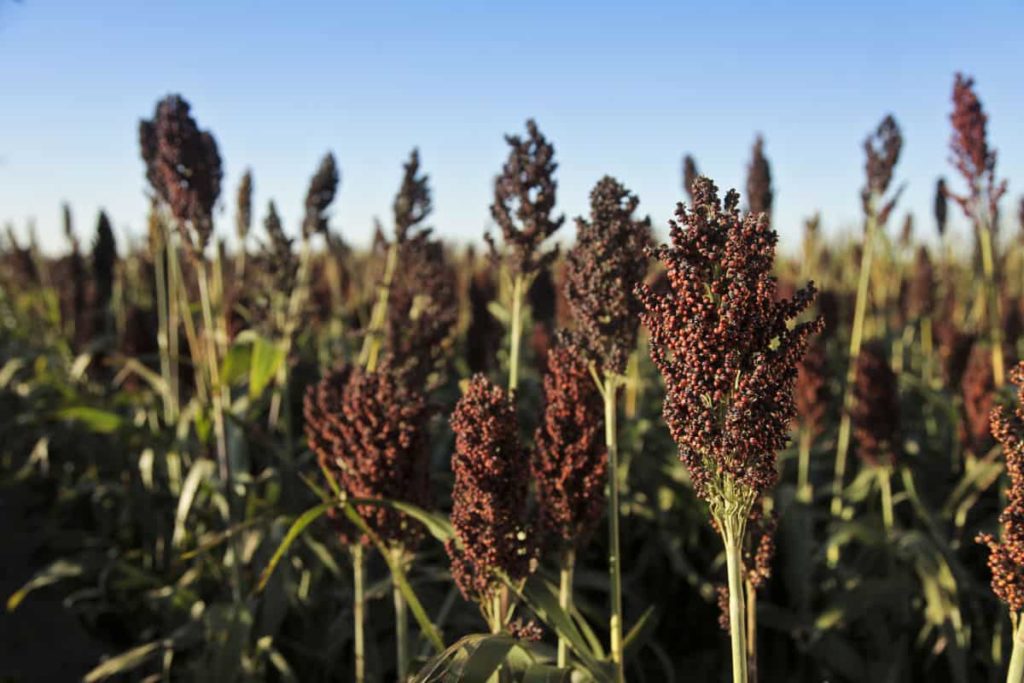If you are unhappy with your weight or frustrated by your inability to lose weight, you’ve probably wondered whether a slow metabolism may be to blame.
Your suspicions may have been confirmed by all the diets, programs, and products out there that claim to “fix” a slow metabolism. Let’s take a closer look at what factors have an impact—either positive or negative—on our metabolism and how big that effect might be.
This article is also available as a podcast. Click to listen.
First, let’s define some terms. In this context, metabolism refers to your resting metabolic rate (RMR). This is the amount of energy your body uses just to maintain basic biological functions like breathing, pumping blood, blinking, and maintaining your body temperature.
For a healthy adult, this is somewhere in the neighborhood of 1200 to 1600 calories per day. However, there are some things that can lower the number of calories your body burns in “maintenance” mode–or slow your metabolism
Things that decrease your metabolic rate
Losing weight. This strikes a lot of people as criminally unfair but the truth is that the smaller your body, the fewer calories it takes to maintain it. But the effect is greatly amplified when you lose weight quickly.
Restricting calories. Dramatically restricting calories for more than a few days can also affect your metabolism—and that’s above and beyond the effect of any weight loss that this causes.
Losing muscle. Lean muscle tissue is more metabolically active than other tissues such as bone and fat. So when you lose muscle, your metabolism slows. Yet another problem with rapid weight loss is that you lose a lot of muscle tissue in addition to losing fat.
See also: How much fat can you lose?
Getting older. We also tend to lose muscle tissue as we get older, which leads to a slower metabolism. As a result, we generally need fewer calories as we age.
Low thyroid function. One of the many things the thyroid gland does is to regulate metabolism. If your thyroid gland is not producing enough thyroid hormone, your metabolism slows. You can have your thyroid function tested if you suspect that it is a factor. If it is low, your doctor will probably suggest replacement thyroid hormone, which can help.
How to Preserve your Metabolism
The best way to protect yourself against these metabolism-slowing factors is to avoid quick weight loss and extended fasting or very low calorie diets. If you are losing weight, take your time, and be sure to consume sufficient protein, which helps to prevent the loss of muscle during weight less. And although there’s nothing you can do to avoid getting older, you can slow age related loss of muscle tissue by increasing your protein intake.
Can you Increase Your Metabolism?
Avoiding the things that can slow your metabolism down is one thing. But is there anything you can do to speed it up?
Obviously, you can burn more calories by exercising more. But there are only so many hours in the day–how many of them can you spend at the gym? If you could somehow somehow arrange to burn more calories just maintaining your basic biological functions, that could really help with weight control. And there are a few things that have been shown to increase resting metabolism (although there is a catch).
Things that can increase your metabolic rate
Gain muscle. Just as losing weight decreases the number of calories you burn, gaining weight increases the number of calories you burn–especially if you gain lean muscle. Strength training to increase your muscle mass can help you burn more calories.
Eat more protein. Protein takes a little more effort for your body to digest than fat or carbohydrate, so increasing the amount of protein in your diet can help you burn more calories. It can also help you gain more muscle.
Chill. Your body burns calories in order to keep your body warm. The cooler your environment, the more calories it takes. Turning down the heat, taking cold showers, and drinking ice water can all increase your calorie burn.
Your body burns calories in order to keep your body warm. The cooler your environment, the more calories it takes.
And finally, everyone’s favorite way to increase your metabolism:
Eat metabolism-boosting foods. There are also some foods and herbs, including hot peppers, vinegar (any kind), garcinia, and green tea, which have been demonstrated to increase the rate at which your body burns calories.
And Now for the Fine Print
If these metabolism boosting techniques could increase your resting metabolism by 10%, this could add up to an extra 120 to 160 calories burned every day. Over the course of one month, you could theoretically lose a pound of fat.
Unfortunately, turning down the heat and eating more protein, hot peppers and green tea isn’t going to boost your metabolism anywhere near 10%. At best, you might burn an extra 10-20 calories a day, or enough to burn an extra pound or two per year.
The Bottom Line
Trying to lose weight by boosting your resting metabolism is like trying to row a boat with a butter knife. You’re going to be rowing for an awfully long time without moving very far.
There are more effective ways to pursue weight loss, such as those I outlined in my episode on how to lose weight without dieting and those I use in my weight management coaching program. But it’s definitely worth your while to avoid things that may slow your metabolism–such as severe dieting and fast weight loss.


 Will there ever be an end to silly new diet trends?
Will there ever be an end to silly new diet trends?




 I got an email this morning from a blogger asking me to contribute to a post he was doing on ways to drink more water.
I got an email this morning from a blogger asking me to contribute to a post he was doing on ways to drink more water.